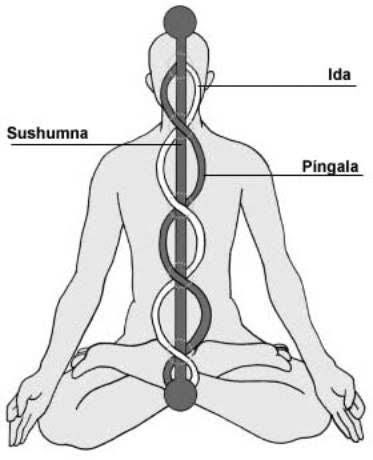@AdamWJT @Greens4HS2 @TheGreenParty @GarethDennis @XRebellionUK @Hs2RebelRebel @HS2ltd I'll bite. Let's try to keep it factual. There's a reasonable basis to some aspects of this question, that it might be possible to agree on. Then there are other, more variable, elements which depend on external factors such as transport and energy policy. /1

HS2 receives wide criticism in the green community, opposing it is even Green Party policy. Why? The crux seems to be claims of carbon neutrality: High-speed rail is seen internationally as a low carbon transport mode, but HS2\u2019s own work undermines this view. What is going on?
— David Peilow (@dpeilow) January 30, 2021
Let\u2019s have another look at where the CO2 savings come from. The main win comes from trips that would have been done by air shifting to HS2; next is getting lorries off the road through more rail freight on freed-up lines. There are 2 really important things to note about this. /8 pic.twitter.com/F1KCODL6Eh
— Greens for HS2 (@Greens4HS2) September 26, 2020
More from Society
The Nashville Operation - A Battle in the War
A thread exploring the Nashville bombing in the context of the 2020 Digital War (via SolarWinds) against the United States perpetrated by our enemies, likely China, Iran and/or Russia.

SolarWinds Hack
A digital "Pearl Harbor" moment for the United States, whoever was responsible had access to the keys to the kingdom for months during 2020, including sensitive military infrastructure. This is war!
SunGard + SolarWinds
SolarWinds software company is owned by same company that owns SunGard, which essentially provides data center services. A secure place to host internet servers with redundant power and "big pipe" data connections.
https://t.co/U3P3SrrkM1

SunGard Data Center
In Nashville, around the corner from their "big pipe" connection, AT&T. Like any data center, highly secure. Only authorized personnel can enter, and even fewer can access the actual server rooms. Backup generators are available in case of power failure.

If the SunGard hardware was being used to "host" critical command and control software related to SolarWinds, the US powers would be very interested in gaining special access keys that are stored on the hard-drives of specific servers.

A thread exploring the Nashville bombing in the context of the 2020 Digital War (via SolarWinds) against the United States perpetrated by our enemies, likely China, Iran and/or Russia.

SolarWinds Hack
A digital "Pearl Harbor" moment for the United States, whoever was responsible had access to the keys to the kingdom for months during 2020, including sensitive military infrastructure. This is war!
SunGard + SolarWinds
SolarWinds software company is owned by same company that owns SunGard, which essentially provides data center services. A secure place to host internet servers with redundant power and "big pipe" data connections.
https://t.co/U3P3SrrkM1

SunGard Data Center
In Nashville, around the corner from their "big pipe" connection, AT&T. Like any data center, highly secure. Only authorized personnel can enter, and even fewer can access the actual server rooms. Backup generators are available in case of power failure.

If the SunGard hardware was being used to "host" critical command and control software related to SolarWinds, the US powers would be very interested in gaining special access keys that are stored on the hard-drives of specific servers.































